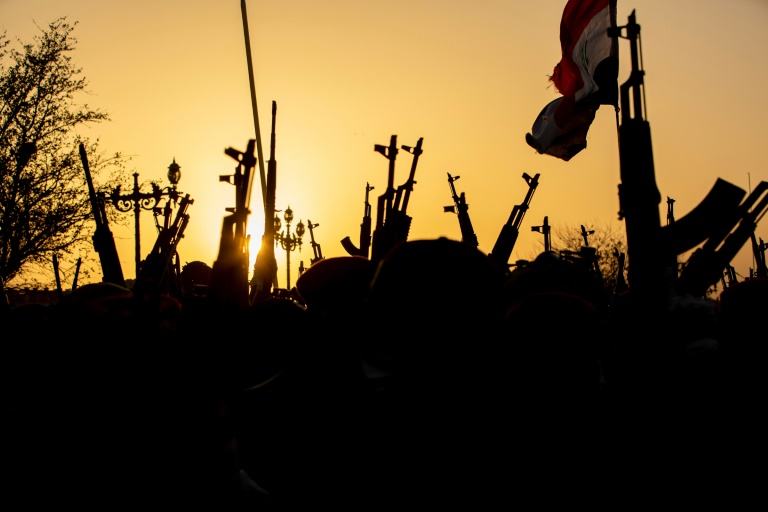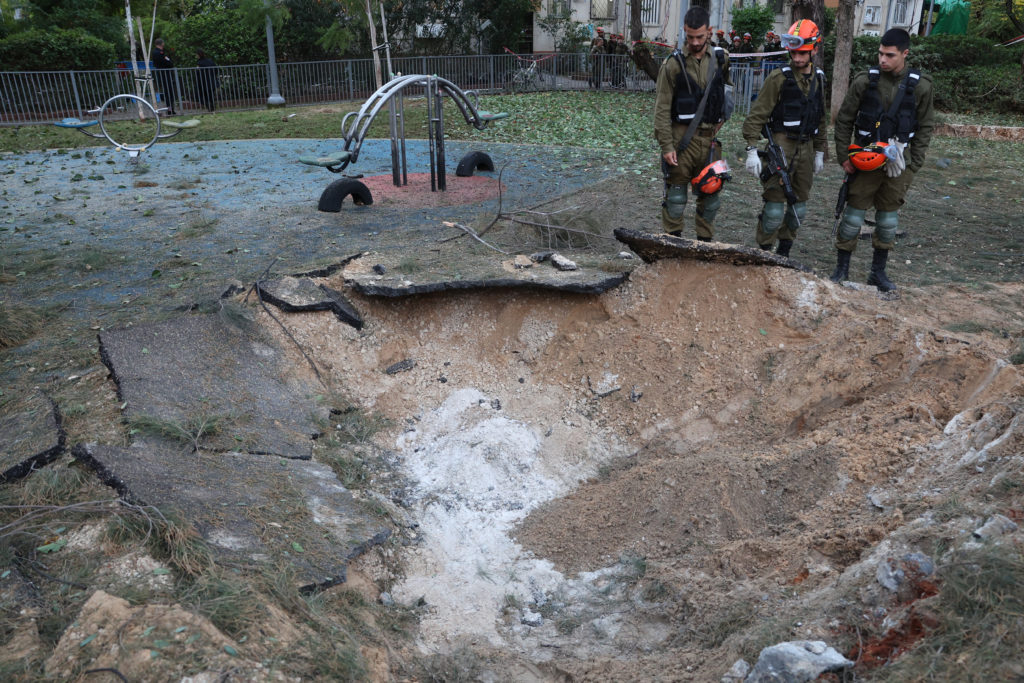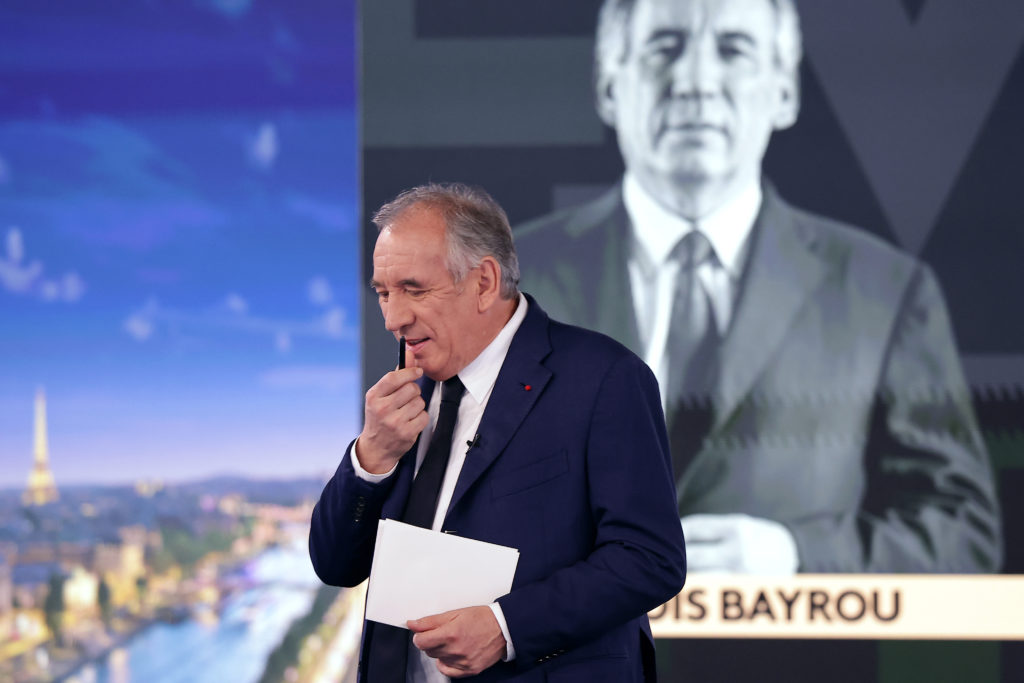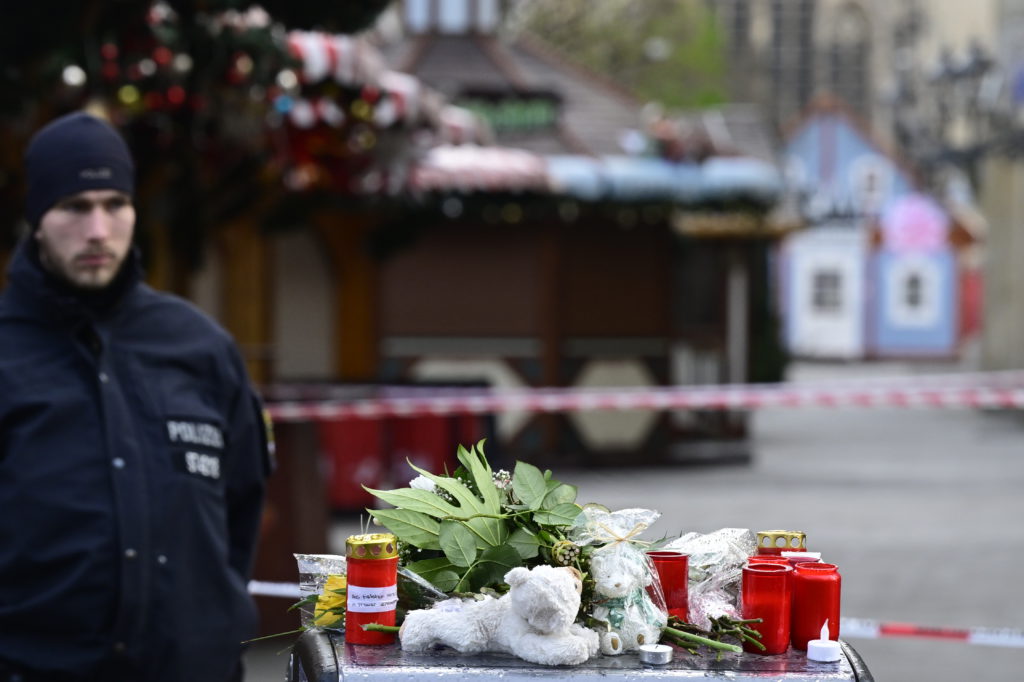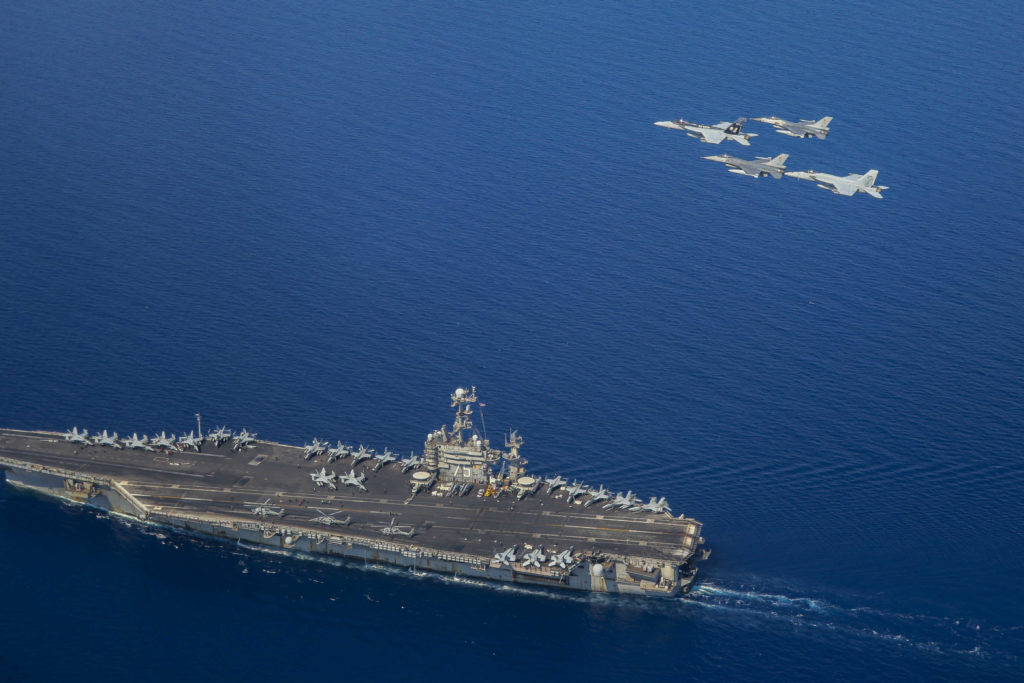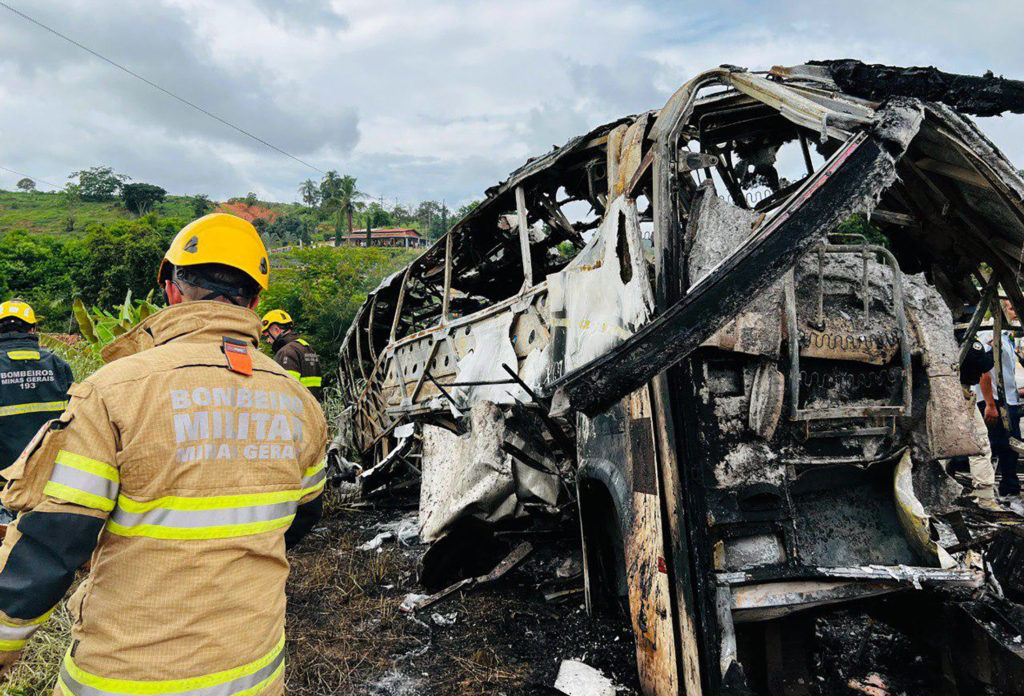With the second-biggest bloc in Iraq’s parliament, powerful friends in Iran and vast financial assets, the Hashed al-Shaabi paramilitary alliance has become the predominant force in Iraqi politics, experts say.
In a boost for the alliance, largely made up of pro-Tehran armed groups, neighbouring Iran on Friday elected ultraconservative cleric Ebrahim Raisi as president.
Hashed commander Abu Ala al-Walai welcomed the judiciary chief’s election win as a victory for the “axis of resistance”, Iran and its allies across the region from Yemen to Syria.
The Hashed was created seven years ago to battle the Sunni extremist Islamic State group which had seized almost a third of Iraq in a lightning offensive.
Later, the Hashed was integrated into the armed forces of the state. Then it moved into politics.
The alliance “is not an anomaly but an example of how power works in Iraq,” said Renad Mansour, a Senior Research Fellow at Chatham House.
The lack of oversight and rule of law in Iraq allows non-state actors to gain power without being held accountable “to either the people or the system”, he said.
– ‘Better connected than PM’ –
In a demonstration of its clout, the Hashed this month secured the release of one of its commanders after he was arrested on suspicion of ordering the killing of Ihab al-Wazni, a pro-democracy activist.
The judiciary said it had found “no proof” of Qassem Muslah’s involvement in the murder.
His release was also a blow to Prime Minister Mustafa al-Kadhemi’s efforts to win over Iraq’s pro-democracy protest movement, which has seen more than 70 activists targeted in assassinations or attempted assassinations since 2019.
Authorities have consistently failed to publicly identify or charge the perpetrators.
The commander’s release “shows the connectivity of the Hashed to state power, it show that in some ways the Hashed have more connection to state power than (Kadhemi),” Mansour told AFP.
The Hashed also has agents throughout the country’s regular armed forces, which they “no longer fear”, one senior military official told AFP on condition of anonymity.
“Armed groups within the Hashed are working to fragment what remains of the security forces of the state to weaken them and break them up,” he said, adding that there are “a few loyal commanders who are trying to resist these efforts.”
– ‘Pallets of cash’ –
Experts have also linked the Hashed to previously unheard-of groups which have claimed attacks against US targets in recent months.
Creating murky proxies would allow the alliance to act against its arch-enemy without being directly implicated in operations — although some of its top commanders have hailed rocket and drone attacks on American targets, without ever claiming responsibility.
Having one foot inside the state and one foot outside allows the coalition to maximise its room for manoeuvre, experts say.
Hashed members run some of Iraq’s main ports and land border crossings, where bribes help fund their operations.
But none of that is needed to pay their fighters’ wages: since they are integrated into the state, they are paid from the public purse.
The profits are instead used to support multiple allies, including Iran, whose economy has been battered by American sanctions, and its regional allies such as Hezbollah.
One leading Iraqi bank official said some $60 billion had been transferred to Lebanon “by politicians and militiamen who have spent the last 18 years loading aeroplanes with palettes full of cash.”
– ‘Toxic system’ –
With such a strong financial base and powerful friends across the region, the Hashed has less and less need for a popular base.
The alliance’s popularity took it to second place in 2018 parliamentary elections, the first time it took part as a political force.
In forthcoming elections in October, Hashed officials admit they are expecting a lower score.
Many Iraqis suspect the alliance of links to targeted killings and the bloody repression of the pro-democracy movement, which mobilised hundreds of thousands to join mass protests against government corruption and incompetence in 2019.
But the vote may count for little.
“This is the design of the system, the parties put out a compromise candidate who could sort of present the face of reform but in reality he is covering up and masking what is a very toxic political system,” Mansour said.
Ironically, the Hashed’s main rival today is none other than Moqtada Sadr, himself leader of an armed group.
Equally rich and well-armed, the firebrand Shiite cleric is “a thorn in the feet of pro-Iran factions”, the Iraqi officer said.
For some observers, if it were not for Sadr, Iraq would have already fallen under the rule of an ideological army modelled on Iran’s Revolutionary Guards.

